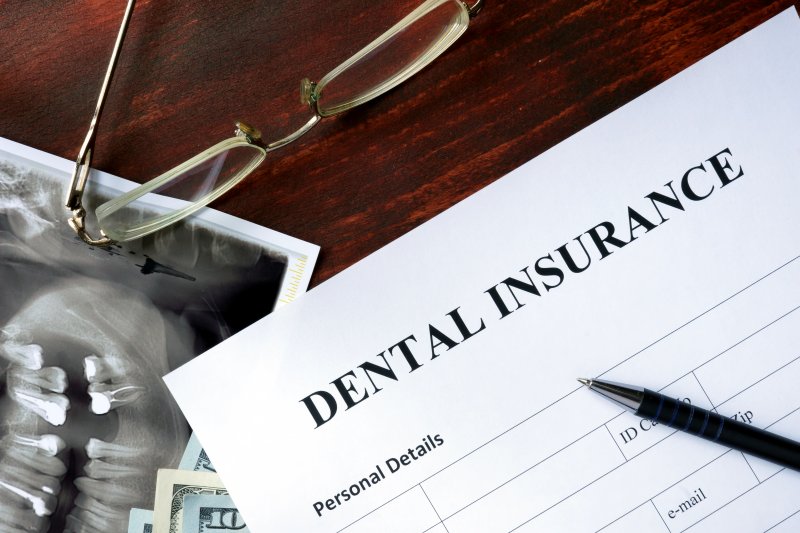How Does Dental Insurance Differ from Health Insurance?
November 15, 2020

If you have both dental insurance and medical insurance, you may be wondering why they are so different. Both medical care and dental care play a part in keeping you healthy, but why do they fall in separate categories? This can make navigating your insurance feel even more complicated. There are many different reasons why they are separate. Continue reading to learn more about the differences between health and dental insurance from your dentist in Far North Dallas.
What Is the Difference Between Medical and Dental Insurance?
The biggest difference between the two is the focus that each of them have. When you think about medical insurance, you think of it as saving you from the heavy burden of large medical expenses. This is because medical care has become very expensive and without insurance, it would be difficult to afford for many people. Medical insurance focuses more on unexpected care. For instance, an injury or illness could occur at any time, and you may require medical treatment to help you get back on your feet.
As for dental insurance, this is usually more geared more towards preventing issues before they occur. Even though there is always the chance that you could experience a dental emergency, generally, the focus is more about allowing people to have better access to regular checkups and cleanings so that they are less likely to need emergency dental treatment. Attending these appointments can help you to avoid costly and painful dental issues later on.
Why Is Dental Separate from Medical Insurance?
You may be wondering why medical insurance doesn’t cover the health of your entire body. Here are a few reasons why they are covered separately.
- Separation of Fields: Dental and medical care have been separate for a long time, and it is still that way today. This is mainly because dentists and medical doctors require education from separate schools and are involved in different fields. Ultimately, the medical field never truly accepted dentistry as part of their practice. Dentists had to go their own way. Eventually, this translated to insurance as well.
- Dental Carriers: Carriers are specific to dental practices. In order to create cost-effective insurance policies, specialization is needed. Your medical carrier is familiar with forming relationships with hospitals and doctor’s offices in order to help you get the best coverage for your money. Dental carriers do the exact same thing except they do so with a network of dentists. Dental carriers are better at knowing how to bargain with dentists for the best discounts.
- Insurance Companies See Them Differently: With medical insurance, you must consider that health can be unpredictable, and a patient could cost the insurance company greatly. However, this isn’t usually the case with teeth. Dental is geared more towards preventive care.
Insurance can be confusing, especially when you are dealing with two different types. By gaining a better understanding of dental, you will be able to best maximize your benefits.
About the Author
At Bear Creek Family Dentistry, the team consists of both general and specialists in pediatric dentistry, orthodontics, oral surgery, and prosthodontic, so patients can get everything they need under one roof. The staff are devoted to completing numerous hours of continuing education every year in order to keep up with advances in technology and techniques. To learn more about dental insurance or schedule an appointment, visit their website or call (972) 490-1600.
No Comments
No comments yet.
RSS feed for comments on this post.
Sorry, the comment form is closed at this time.
